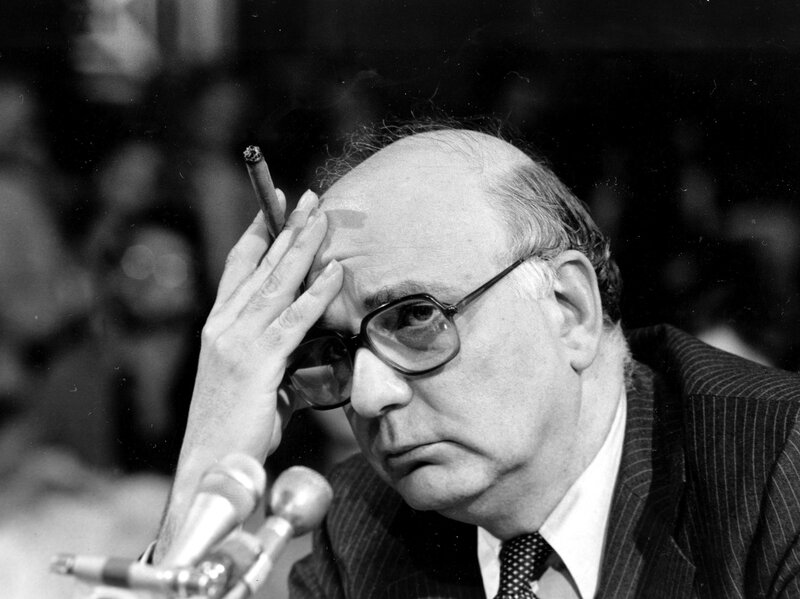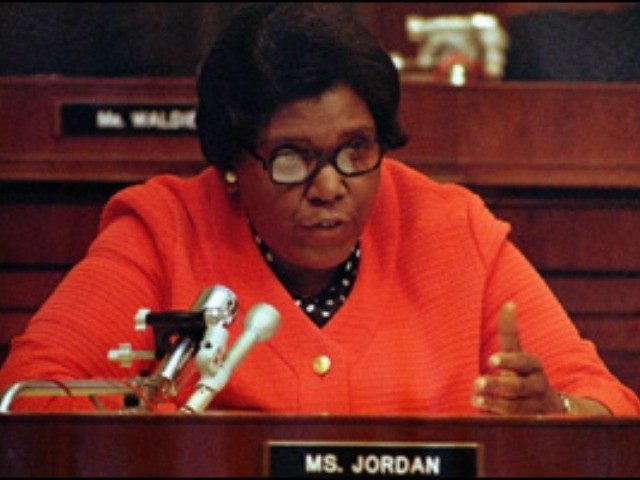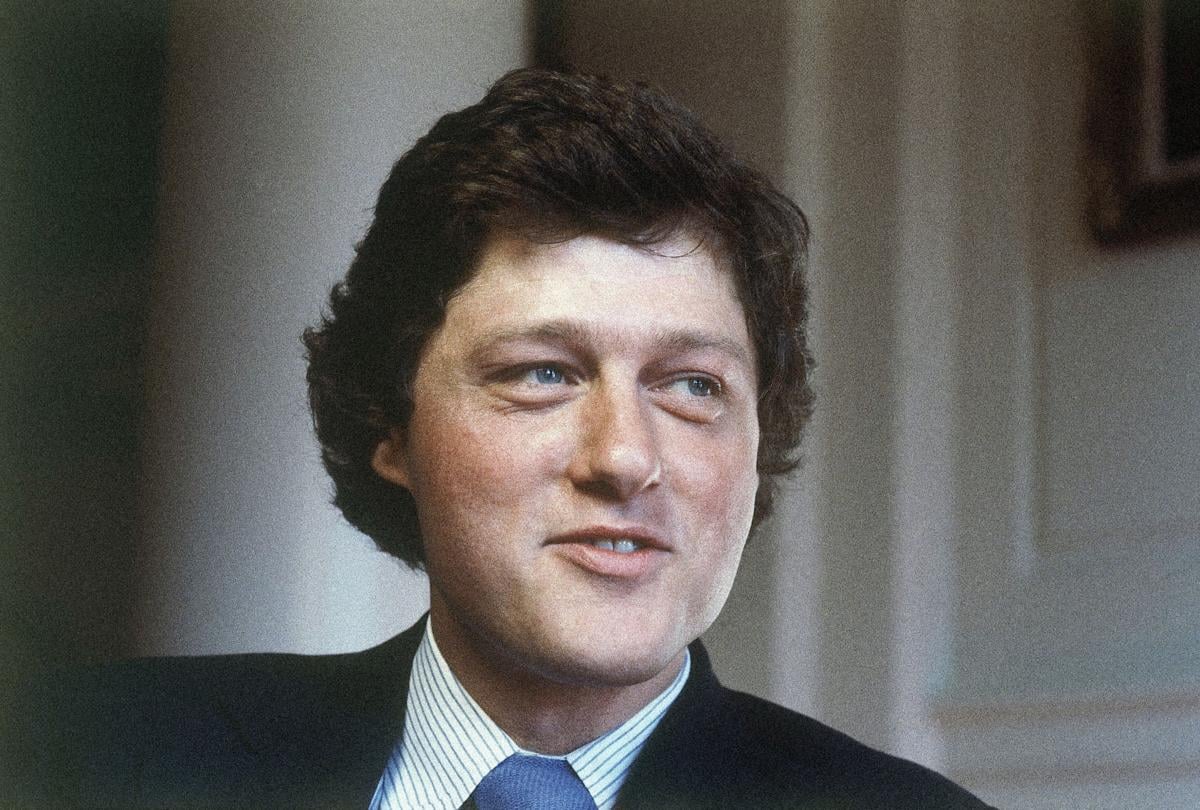1976 West German Election Results
Union: 256 (+22)
Social Democratic Party: 222 (-20)
Free Democratic Party: 40 (-2)
HAYDEN DEFEATS WHITLAM IN LEADERSHIP SPILL
THE DAILY TELEGRAPH, June 1st, 1977
1977 Australian Election Results
Coalition: 76 (-15)
Labor: 48 (+12)
1978 French Legislative Election Results
Rally For the Republic: 150 (-33)
Union For French Democracy: 121 (+2)
Socialist Party: 104 (+2)
French Communist Party: 86 (+13)
ATTEMPT TO KIDNAP FORMER ITALIAN PM ALDO MORO STOPPED BY BODYGUARDS
LE MONDE, March 17th, 1978
1979 Italian General Election Results
Christian Democracy: 257 (-6)
Communist Party: 231 (+4)
Socialist Party: 59 (+7)
Social Movement: 27 (+2)
Democratic Socialist Party: 8 (-7)
Billboard Year-End Top 10 Songs For 1977
1.Tonight's the Night (Gonna Be Alright) - Rod Stewart
2. I Just Want to Be Your Everything - Andy Gibb
3. Best of My Love - Emotions
4. Love Theme (From "A Star Is Born") - Barbra Streisand
5. Angel In Your Arms - Hot
6. I Like Dreamin' - Kenny Nolan
7. Don't Leave Me This Way - Thelma Houston
8. (Your Love Has Lifted Me) Higher and Higher - Rita Coolidge
9. Undercover Angel - Alan O'Day
10. Torn Between Two Lovers - Mary MacGregor
Billboard Year-End Top 10 Songs For 1978
1. Night Fever - The Bee Gees
2. Shadow Dancing - Andy Gibb
3. You Light Up My Life - Debby Boone
4. Stayin' Alive - The Bee Gees
5. Kiss You All Over - Exile
6. Baby Come Back - Player
7. How Deep Is Your Love - The Bee Gees
8. (Love Is) Thicker Than Water - Andy Gibb
9. Boogie Oogie Oogie - A Taste Of Honey
10. Three Times a Lady - The Commodores
Billboard Year-End Top 10 Songs For 1979
1. My Sharona - The Knack
2. Bad Girls - Donna Summer
3. Le Freak - Chic
4. Da Ya Think I'm Sexy? - Rod Stewart
5. I Will Survive - Gloria Gaynor
6. Reunited - Peaches and Herb
7. Hot Stuff - Donna Summer
8. Y.M.C.A. - Village People
9. Ring My Bell - Anita Ward
10. Sad Eyes - Robert John
Billboard Year-End Top 10 Songs For 1980
1. Another Brick In the Wall - Pink Floyd
2. Call Me - Blondie
3. Magic - Olivia Newton-John
4. Crazy Little Thing Called Love - Queen
5. Rock With You - Michael Jackson
6. Do That to Me One More Time - The Captain and Tennille
7. Coming Up - Paul McCartney
8. It's Still Rock and Roll to Me - Billy Joel
9. Funkytown - Lipps, Inc.
10. The Rose - Bette Midler





